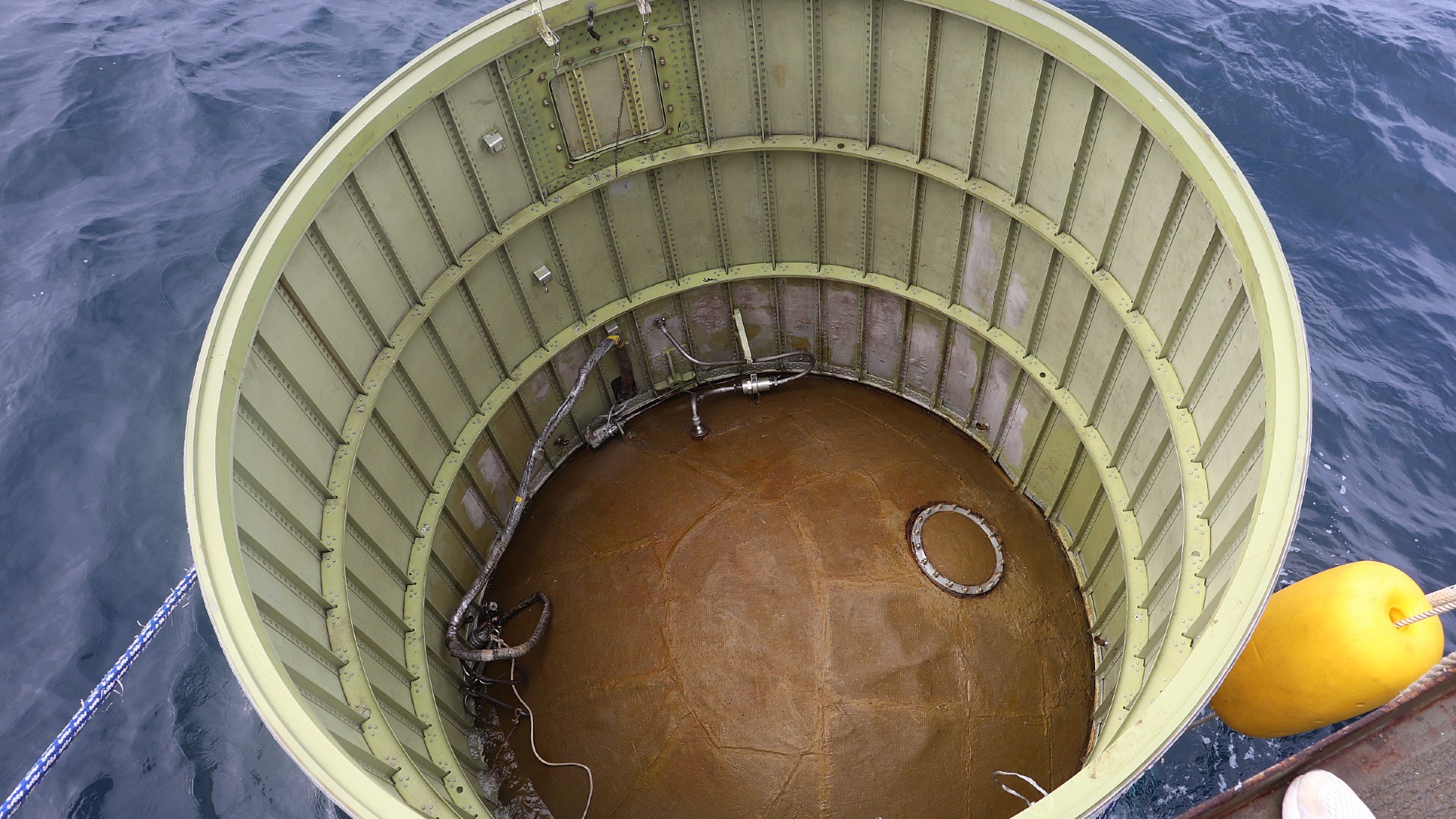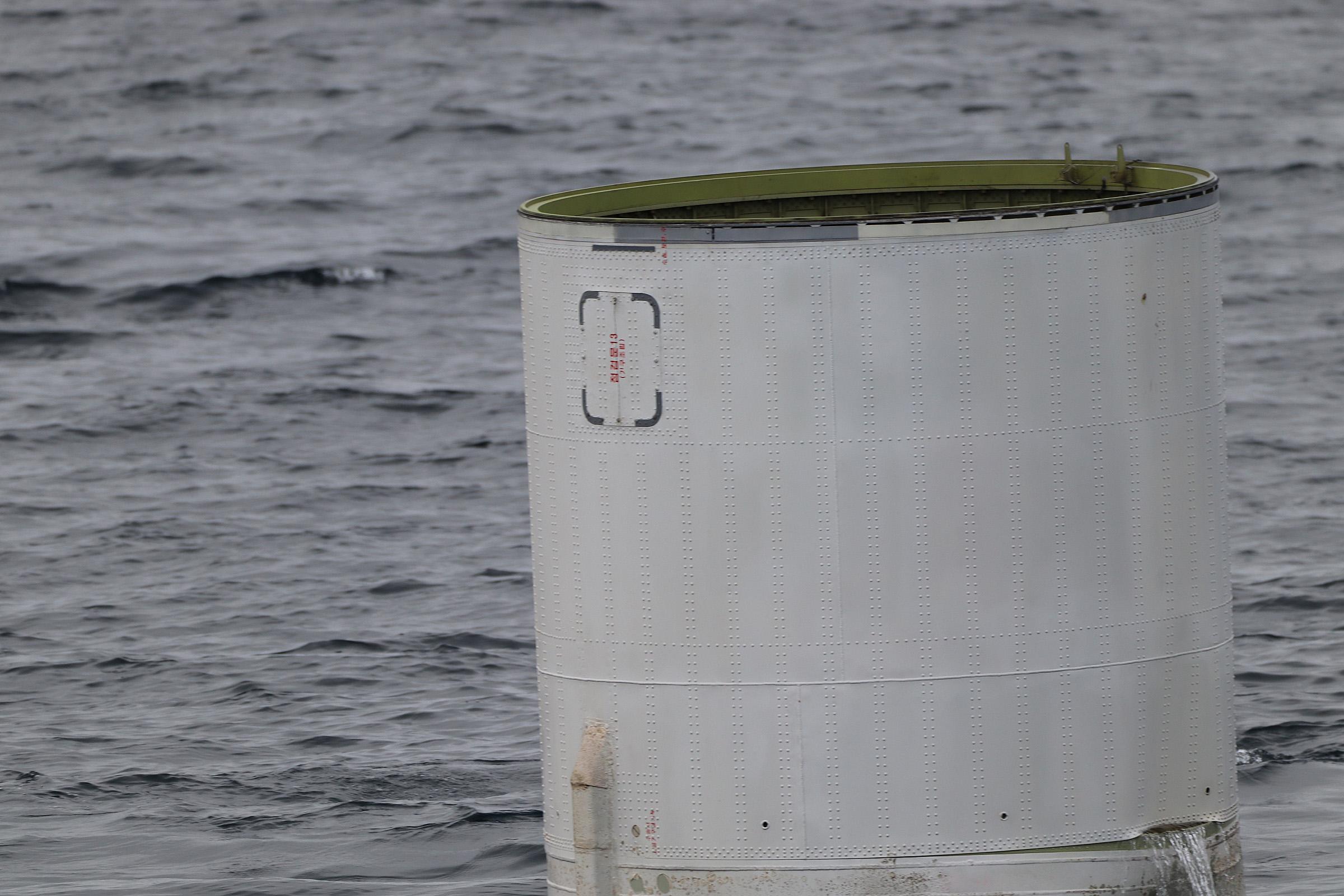North Korea says its rocket launch failed, 1st spy satellite lost
The United States condemned the launch and urged other nations to do so as well.

The launch of North Korea's first spy satellite was not successful.
The reclusive Democratic People's Republic of Korea (DPRK) regime attempted to launch the nation's first spy satellite at 6:37 a.m. local time on Wednesday (May 31) from the Sohae Satellite Launching Ground, prompting shelter warnings throughout South Korea, according to the BBC. But the Chollima-1 rocket carrying North Korea's Malligyong-1 satellite crashed into the sea west of the Korean Peninsula after reportedly suffering a propulsion failure during stage separation, according to the Associated Press.
North Korean state media said the nation's space agency will now investigate "the serious defects revealed" by the failure and will attempt a second launch when ready.
Related: North Korea readying launch of nation's 1st spy satellite: report
Malligyong-1 was an Earth-observation satellite intended to boost the nation's intelligence capabilities and enable the hermit kingdom to gather imagery. North Korea conducted a launch in December 2022 that purportedly tested the craft's imaging capabilities, but that mission was not intended to reach orbit.
The United Nations Security Council has an active ban on North Korea conducting launches that involve long-range ballistic missile technology. While Wednesday's launch aimed to put a satellite in space, the White House issued a statement on May 30 stating that the failed launch is "directly related to the DPRK intercontinental ballistic missile program."
The U.S. condemned Wednesday's launch and urged all other nations to do so as well. "The door has not closed on diplomacy, but Pyongyang must immediately cease its provocative actions and instead choose engagement," the White House's statement reads.
Breaking space news, the latest updates on rocket launches, skywatching events and more!
North Korea has been testing increasingly sophisticated ballistic missile technology in recent years, prompting concerns that some of these missiles might be able to reach as far as the continental United States. But there are questions about how truthful the nation is about its burgeoning missile capabilities.
North Korea has successfully launched satellites — but not the spying kind, apparently — to orbit before, once in 2012 and again in 2016. It's unclear, however, how well those spacecraft performed once aloft.

Brett is curious about emerging aerospace technologies, alternative launch concepts, military space developments and uncrewed aircraft systems. Brett's work has appeared on Scientific American, The War Zone, Popular Science, the History Channel, Science Discovery and more. Brett has English degrees from Clemson University and the University of North Carolina at Charlotte. In his free time, Brett enjoys skywatching throughout the dark skies of the Appalachian mountains.

